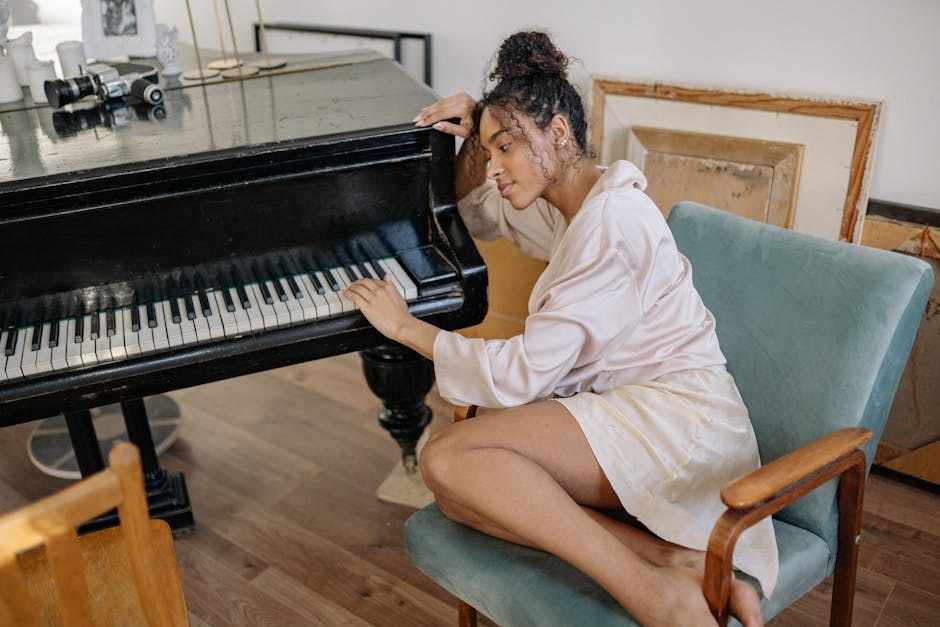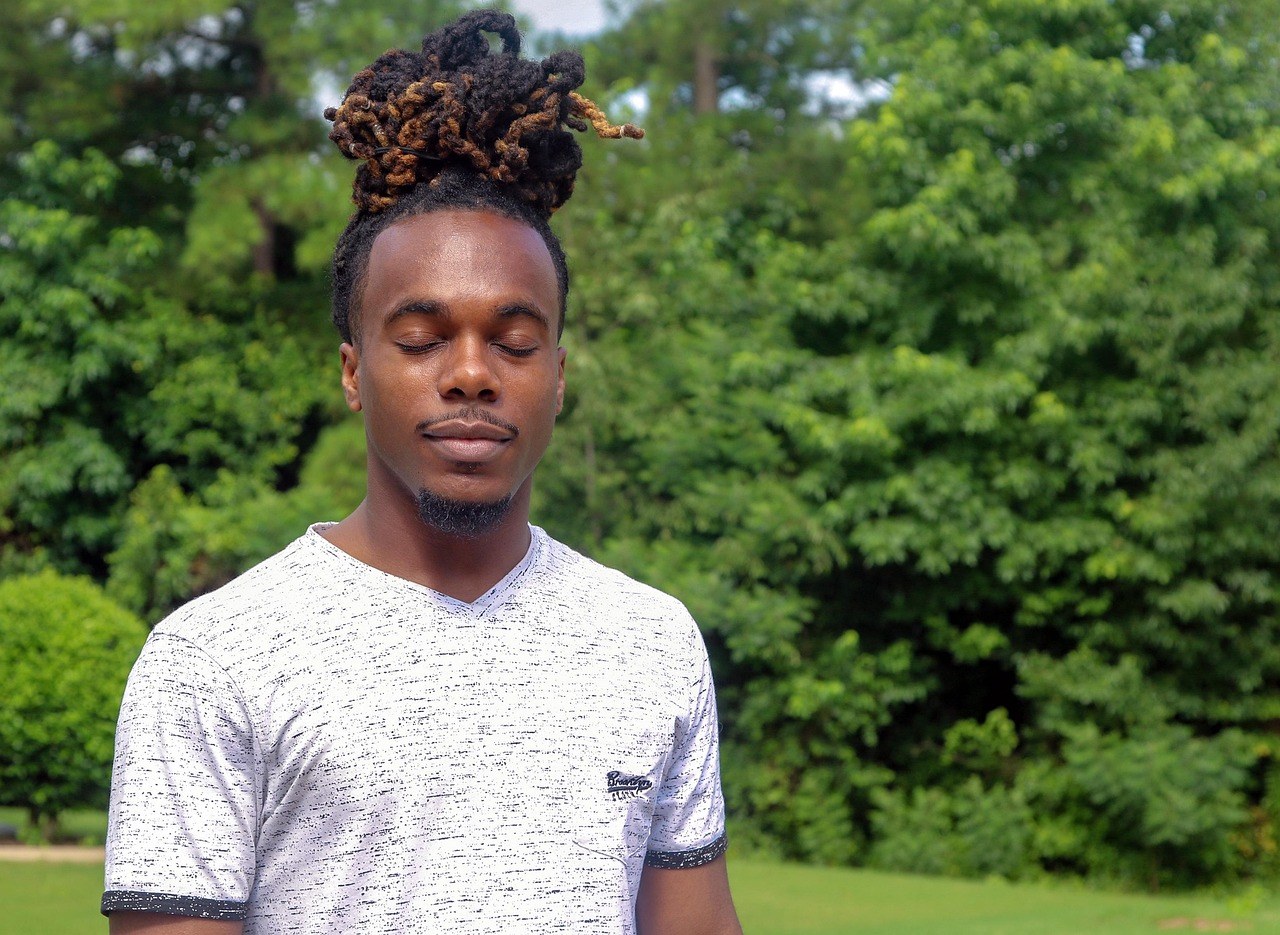There’s a reason the memories of a first love glow like a lantern in the mind – everything felt larger, louder, and closer to the bone. Teenage years are a whirlwind of discovery and pure sensation, so it’s no surprise that early romance can feel like destiny rather than a chapter. Yet the chapter is usually what it is. If you’re wondering why that early attachment so often fades, it isn’t because your first love was meaningless; it’s because the conditions that created it are famously unstable and rarely suited to a lifelong bond.
The intensity that colors the beginning
When you’re young, emotion arrives at full volume. Identity is still being drafted, values haven’t settled, and impulses surge. In that environment, a first love offers something intoxicating: a private world to belong to. The very newness magnifies meaning – your first shared secret, your first real fight, your first apology that felt like a movie. Those moments carve grooves in memory, which is why looking back can feel like gazing through rosy glass.
But intensity is not the same as durability. A first love can be sincere and profound while still being temporary. The early rush feeds on novelty and proximity – the school hallway, the same lunch table, the same bus route. Once the setting changes, the spell often does, too. That is not failure; it’s a natural consequence of moving from one stage of life to the next.

Why early romance struggles to last
Below are recurring dynamics that make a first love feel unforgettable – and also make it less likely to carry you through adulthood. Each point stands on its own, yet together they reveal a pattern: you were changing then, and you will keep changing, and growth demands new space.
-
Volatile chemistry and the school-bubble effect
Adolescence turns the dial on every feeling – desire, jealousy, fear, euphoria – and does it without warning. That volatility makes a first love feel cosmic one day and catastrophic the next. The same surge that pushes you to say “always” can push you to say “I’m done” a week later. It isn’t hypocrisy; it’s physiology meeting inexperience.
Layered onto this is the bubble of school life. You share classes, friends, activities, and rumors. Small conflicts get a loud sound system. Someone else likes your partner, a friend whispers an allegation, a glance in the hallway gets misread – and suddenly the relationship is navigating a maze of spectators. For a first love, that spotlight can be thrilling, but it also breeds churn: dramatic fights, dramatic reconciliations, dramatic exits.

Because the bubble compresses everything, your sense of scale warps. An argument about a text becomes an epic saga; a weekend apart feels like exile. Inside that compression chamber, it’s hard for a delicate bond to breathe. The result is predictable – a first love that feels intense, then overwhelmed, then uncertain.
-
The on-off carousel and emotional fatigue
Many early couples bounce between breakup and reunion, convinced each return proves destiny. In truth, the cycle mostly proves that the original issues never got solved. Every restart comes with a little less trust and a little more caution, and the repairs begin to outnumber the celebrations. Over time, the heart learns to brace itself, and the rollercoaster stops being fun.
An on-off pattern trains you to equate love with turbulence. For a first love, that lesson can stick – you start believing passion requires drama, that closeness must be earned by surviving chaos. The more the cycle repeats, the heavier it sits on your nervous system. Eventually, even the best day can feel like the setup to the next fall, and that wears down the bond you are trying to preserve.

When steadiness becomes rarer than grand gestures, the relationship turns into maintenance rather than growth. A first love often doesn’t survive that grind, not because the feelings vanish, but because the foundation never stops shaking.
-
Personal evolution outpaces the relationship
People do not stay fixed. It’s often said that humans undergo notable shifts every 3-7 years – new interests, new boundaries, new ways of speaking about needs. Those changes are especially rapid from the mid-teens into the twenties. The person who started the relationship learns to ask better questions, to voice discomfort sooner, to say what they want with fewer apologies. The other person is changing, too, but not always in harmony or at the same tempo.
That drift isn’t proof that your first love was shallow. It’s proof that growth is uneven. You might discover that your old inside jokes no longer land, that the music you bonded over now grates, that your idea of a good weekend has shifted. Sometimes the heart tries to keep the old map anyway – a kind of loving denial – until the distance becomes undeniable.
Even when both partners are kind and well-intentioned, a first love can be outgrown like a favorite jacket. You remember how good it felt and how it looked in a mirror, but when you put it on now, the fit is wrong. Holding on starts to pinch.
-
Maturing desires redefine compatibility
At first, attraction can run the show: a shared sense of humor, a spark at a party, the thrill of being chosen. As you gather experience, you learn what sustains you – how you prefer to communicate, what intimacy means to you, what kind of conflict feels workable. You notice whether someone keeps their word, whether they listen when you’re quiet, whether they make space for your ambitions. These are the quieter, sturdier markers of compatibility.
With that shift, it’s common to realize that your first love doesn’t align with your deeper values. Maybe you crave curiosity and they prize certainty, or you need reliability and they chase spontaneity. Neither is wrong; they simply point in different directions. Maturing desires refine your filter, and relationships that once felt essential start to look like stepping stones.
This isn’t cynicism – it’s clarity. The more you learn yourself, the more you recognize the difference between chemistry and compatibility. A first love often excels at the former and struggles with the latter, and adulthood quietly raises the bar.
-
New environments test fragile routines
Graduations, moves, and first jobs rearrange the furniture of your life. Structures that propped up the relationship – shared schedules, the same neighborhood, free afternoons – vanish. In their place arrive deadlines, roommates, new friends, and an expanded social circle. Suddenly, you’re meeting people who challenge your assumptions, expose you to unfamiliar ideas, and mirror versions of yourself you haven’t tried on yet.
When partners land in different places, distance magnifies every flaw. A missed call is no longer a simple oversight; it’s a story about priorities. A delayed reply becomes evidence in a trial that no one wanted. In that atmosphere, a first love can feel like a beautiful relic from a different city, carried carefully but checked too often for cracks.
Even if you wind up in the same environment – the same campus, the same town – novelty still pulls at your attention. You join clubs, take classes, accept internships, befriend people who would have seemed out of orbit a year earlier. Time gets sliced differently. The relationship must adapt from convenience to intention, and not every first love has the skills or tools to make that transition gracefully.
-
Diverging life paths make hard choices unavoidable
As goals sharpen, trade-offs get real. One of you dreams of medical school; the other longs to start a business. One wants to return to a hometown and deepen roots; the other feels most alive chasing opportunities abroad. Dreams are not arguments you can win – they’re directions a life wants to take. When those directions conflict, love must negotiate with logistics, timelines, and limits.
It’s tempting to lean on the classic line – “It’s not you, it’s me” – but in many cases it really is about the shape of two lives that no longer fit. A first love can be strong and still not survive incompatible calendars or opposite definitions of home. Choosing your path is not a betrayal; it’s an acknowledgment that partnership asks for alignment you cannot manufacture by will alone.
There’s also the quiet reality that success changes people. You achieve a milestone and discover you’ve become braver, or more cautious, or more deeply invested in a passion. Your partner does the same in their world. Those shifts ripple through routines, and a first love that once felt effortlessly synchronized can start to stutter.
Learning from what didn’t last
If this sounds bleak, it isn’t meant to be. The end of a first love does not cancel the truth of what you felt – it reframes it. The relationship did exactly what early relationships often do: it taught you how you show up when you care, what you need during conflict, how you apologize, what you cannot pretend to accept. These lessons aren’t consolation prizes; they are the raw materials for healthier commitments later.
Consider what you discovered about boundaries. Maybe you learned to name discomfort when jokes crossed a line, or to ask for time alone without guilt, or to admit when jealousy was masking fear. Those skills rarely appear by magic. They are forged in the tensions of real connection, and a first love is often where you practice them clumsily – and then better the next time.
Consider, too, what you learned about joy. You might have noticed how much you flourish with someone who celebrates your oddities, how a partner’s empathy can calm every room, how practical gestures of care matter more to you than grand declarations. A first love can reveal those preferences with surprising precision, even if it can’t honor them long term.
Keeping the memory, releasing the myth
There’s a persistent myth that longevity validates love – that if it didn’t last, it wasn’t real. That belief turns the end of a first love into a referendum on your younger self, and it’s unfair. The relationship was real because you were real inside it. It simply belonged to a specific season. You are allowed to keep the tenderness without promising the future it couldn’t hold.
It helps to make peace with the unfair comparisons your mind likes to run. When current relationships wobble – as all relationships do – the past can masquerade as perfection. Memory edits. It keeps the porch-swing nights and fades the silences after arguments. When you catch yourself idealizing, try a gentle correction: “That was lovely and complicated.” A first love deserves honesty, and honesty includes the sour notes.
Grief also deserves space. Even when you know the breakup was right, endings sting. Letting go of a first love means letting go of the person you were when you first felt that rush. It’s okay to mourn the version of you who believed in a single plotline. Mourning makes room for the next version to arrive.
Moving forward without erasing what came before
When you do fall again, you bring better tools. You notice red flags sooner, and you ask braver questions earlier – not to sabotage possibility, but to anchor it. The warmth you felt in your first love doesn’t disappear; it becomes part of the hospitality you offer the next person. You can love with more steadiness because you’ve learned where you wobble. You can argue with more care because you’ve seen what careless words can do. You can leave if you must without turning it into a verdict on your worth.
And if you happen to be among the rare couples who carry a first love into later life, it likely isn’t because you dodged the dynamics described above. It’s because you met them head-on: you practiced patience inside the school bubble, you replaced the on-off loop with repair, you adapted to new environments, and you respected diverging dreams enough to find overlap. Even then, what survives isn’t the adolescent version; it’s a new relationship built with adult hands.
So honor what you felt. Honor the risks you took, the apologies you offered, the late-night conversations that taught you how to listen. Let your first love be both formative and finished. That combination – cherished and complete – is not a failure of romance. It’s a faithful reading of the story you actually lived.